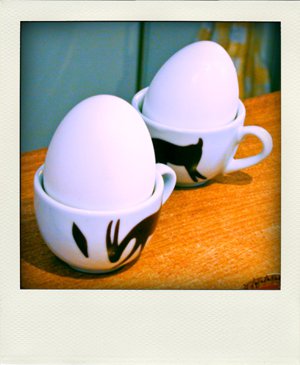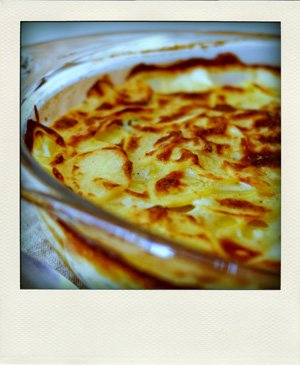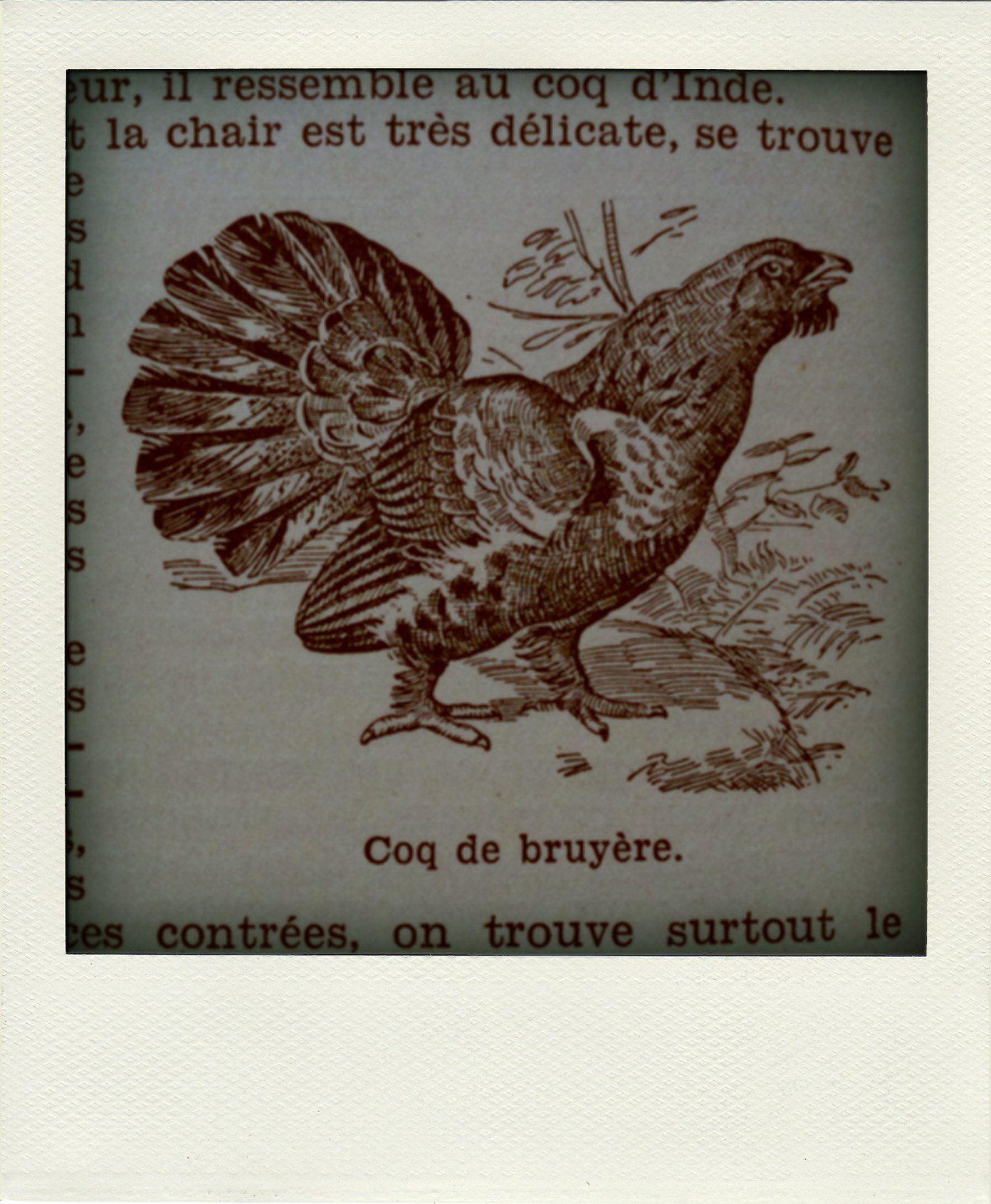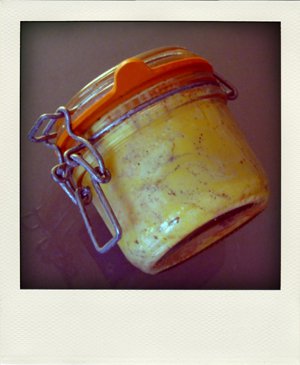
This is part of a series on French idiomatic expressions that relate to food. Browse the list of idioms featured so far.
This week’s expression is, “Plein comme un œuf.”
Literally translated as, “full as an egg,” it is a colloquial simile applied to a thing or a place that’s completely full; close English equivalents would be “filled to the brim” or “packed to the gills.” Note that it can’t be applied to a person*: “full” here is not to be understood as having a full stomach, because the French adjective plein is not used in that sense.
Example: “Je peux mettre mes baskets dans ta valise ? La mienne est pleine comme un œuf.” “Can I put my sneakers in your suitcase? Mine is full as an egg.”
(In writing, the proper verbal construction would be “Puis-je mettre mes baskets dans ta valise ?” In common speach, however, it is the upward intonation that indicates the interrogation, and we skip the verb inversion.)
Listen to the idiom and example read aloud:







